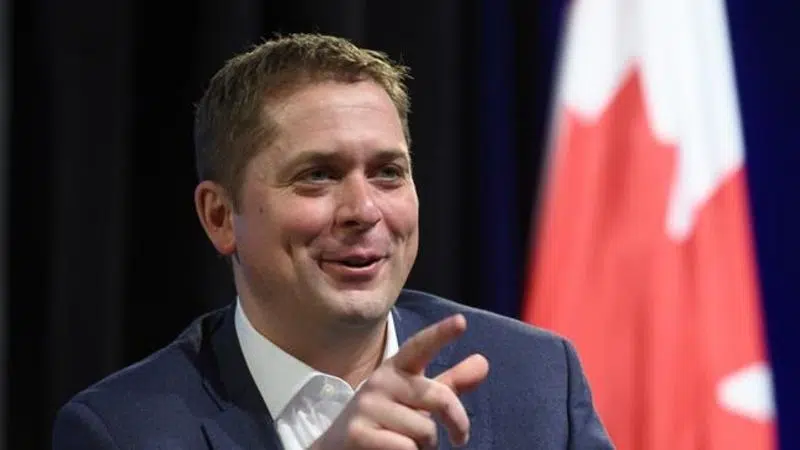
Criticism over failure to mention Muslims ‘completely baseless,’ says Scheer
OTTAWA — Andrew Scheer says criticism over his initial failure to mention that Muslims were targeted in the recent mass murder in New Zealand is “completely baseless” and driven by “disgusting” Liberal efforts to score political points from the tragedy.
But in answering a question Saturday about how he deals with that criticism, the federal Conservative leader once again initially made no reference to Muslims.
“I deal with it by pointing out that the criticisms are completely baseless,” Scheer told the Manning Networking Conference, an annual gathering of this country’s conservative thinkers, strategists and politicians.


